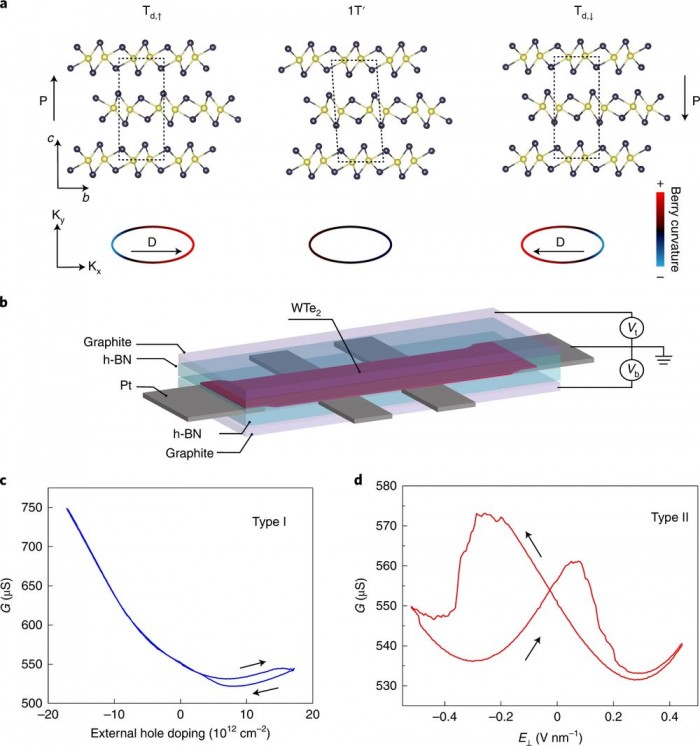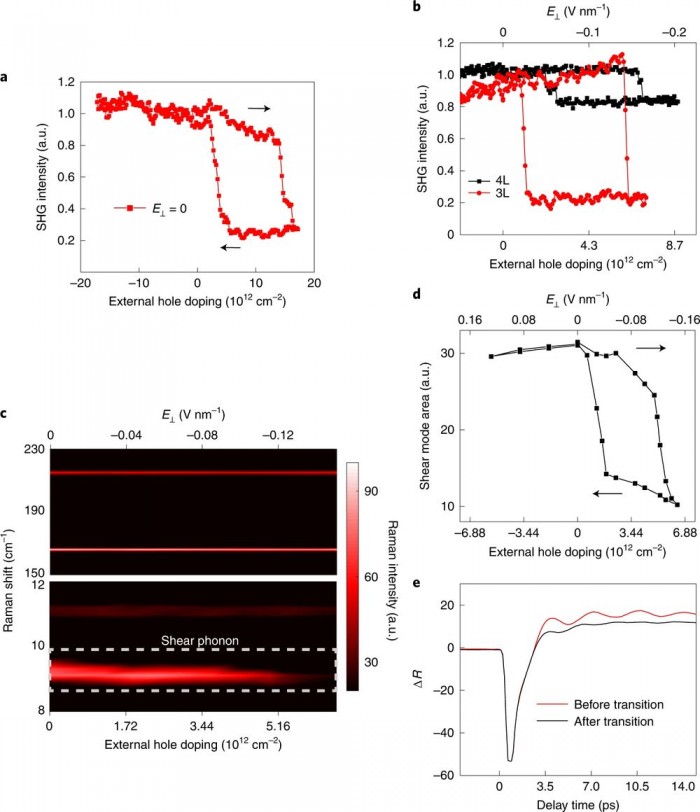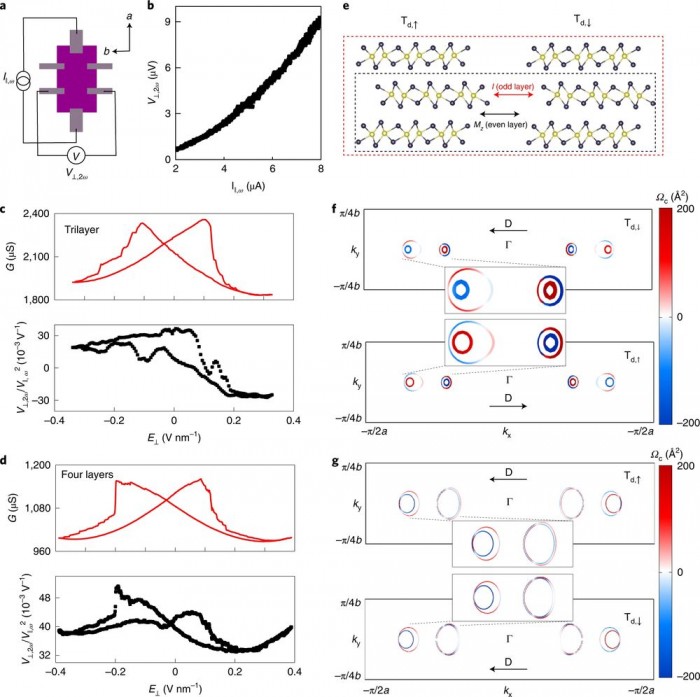Recently, Scientists found a more intensive and energy-efficient, smaller, faster data storage system than traditional silicon chip. The new system is developed by researchers from Stanford University, University of California, Berkely and Texas A&M University. It is compound of tungsten telluride, which is lined up and form a stack of ultra-thin course. Each lay only own thickness of three atoms.
The new system mainly code data among sliding stack of 2-D layer. Its theory is each second layer slightly moves than its upper or down layer when do a small electric shock. It keeps this arrangment mode until another electric shock rearrange them. Trhough this method, data could code by normal 1 and 0 based on if one lay more or not.




To acces data, could use magnetic field to control electron of layer and position them without moving them. The team indicate the new method have some advantages than the data storage system based on silicon. It could store more data into smaller physical space and need tiny electric show to move layer, which mean very energy-efficient. Additionally, sliding happen very quickly and data input speed could be faster 100times than present technology.
The team already applied patent for this design and now do research on how to improve, for example looking for alternative that compatible 2D material to this technology except tungsten telluride.
